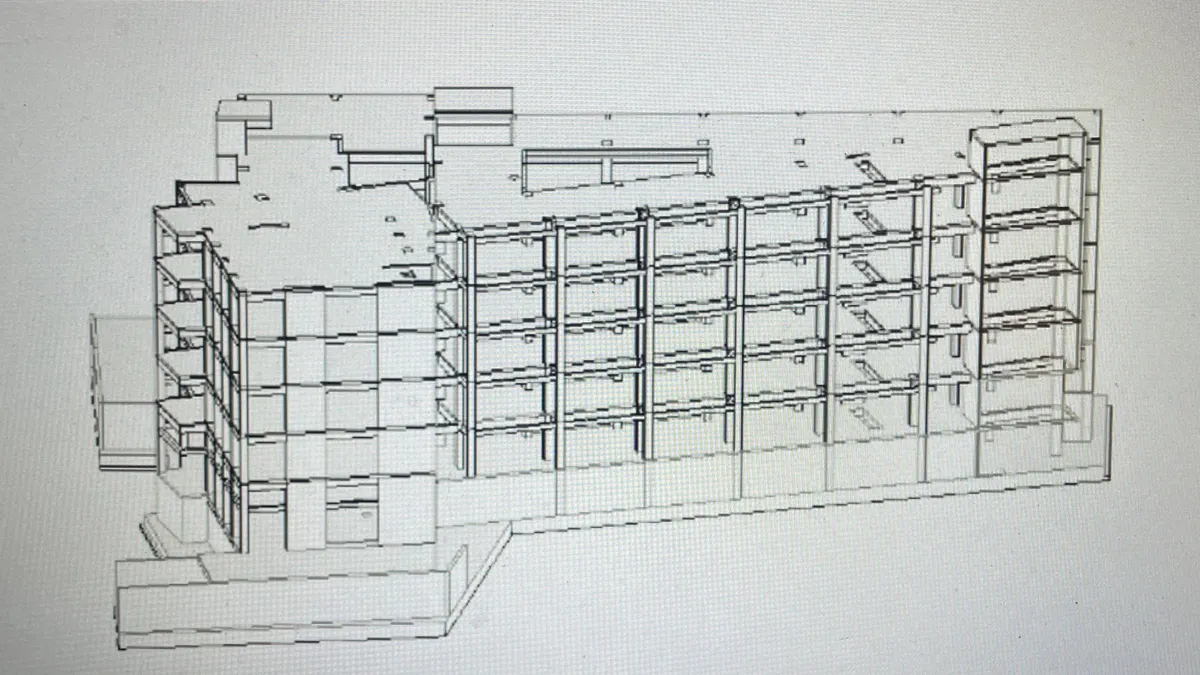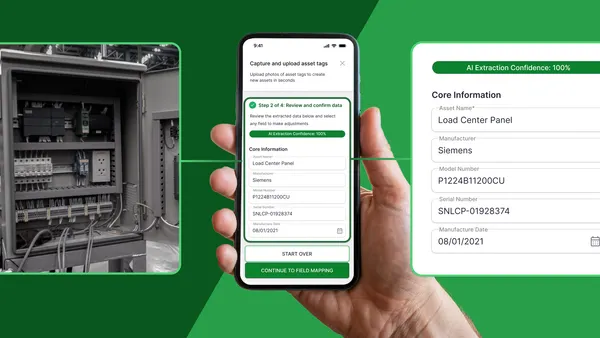Dive Brief:
- Marathon Digital Holdings has introduced a dual-phase liquid chip cooling system, which can operate at temperatures from minus 20 degrees to 50 degrees Celsius, or about minus 4 to 122 degrees Fahrenheit.
- The modular MARA 2PIC700 system, which enables two to four times the power density compared with current alternatives, can slash cooling costs and data center requirements by up to 60% and 75%, respectively, Marathon, a publicly-traded Bitcoin miner said in a March 26 news release.
- “We believe MARA 2PIC700 can reduce maintenance costs, improve performance and unlock new opportunities for data center operators by enabling them to operate in remote or harsh climates that were previously inaccessible,” Marathon Chairman and CEO Fred Thiel said in the release.
Dive Insight:
Marathon’s 2PIC700 joins a growing list of dual-phase chip cooling systems that have debuted in recent months. In March, ZutaCool announced that its HyperCool system would provide support for NVIDIA’s H100 and H200 Tensor Core GPUs, which are among the fastest chips for artificial intelligence and high-performance computing applications, while Accelsius revealed plans to install a liquid computer server cooling technology, NeuCool to support the Texas Advanced Computing Center’s new supercomputer.
Dual-phase chip cooling systems significantly improve the efficiency of single-phase liquid cooling and air cooling technologies, which still handle most chip cooling loads, Accelsius CEO Josh Claman told Facilities Dive. Dual-phase cooling provides two to three times more heat removal capacity than single-phase systems and enables significantly higher power density, according to a whitepaper from liquid cooling company LiquidStack and chemistry firm Chemours.
However, fewer than 20% of data centers have explored single- or dual-phase liquid chip cooling solutions due to unfamiliarity with how the technology operates under real-world conditions, Claman said.
That is likely to change as high-performance computing becomes more energy-intensive, Claman said. To potentially rein in upfront building costs and operating expenses, some cryptocurrency miners already use “ultra-high-density server configurations” with outputs of up to 100 kilowatts per rack, according to Lenny Simon, senior research associate at Uptime Institute.
Meanwhile, IDC estimates cited by JLL point to a possibility of hyperscale data centers’ server rack densities approaching 50 kW by 2027.
“You cannot cool these [high-density racks] with air alone,” Claman said.
Marathon’s 2PIC700 system can potentially benefit “a variety of industries with large and dense power requirements,” including cryptocurrency mining, telecom, AI, machine learning and high-performance computing, and edge computing,” the company said in its news release.
By reducing the amount of power needed to cool servers, the 2PIC700 system can significantly reduce users’ space requirements, as well as electricity and connectivity hardware, Marathon Chief Technology Officer Ashu Swami told Facilities Dive in an email.
The immersion cooling technology packs “a much higher density of compute…in the [cooling] tanks, which replace traditional server racks, and this significantly reduces electrical distribution infrastructure and fiber runs,” Swami said.
Outside of energy and space-efficiency, the system reduces the time needed for maintenance and comes with a low environmental impact associated with its cooling fluid, which loses less than 5% of its volume annually, according to a product fact sheet.
It is “designed to be operated remotely with minimal human intervention,” making it more feasible to locate cryptocurrency mining operations and data centers in hard-to-reach locations around the world, Thiel noted in the release.
Since the system is “an enclosed environment designed to run unmanned for long periods of time,” it has “great potential for any place where [high-performance] computing needs to happen on the edge,” such as offshore rigs, moving vehicles, telecom towers and telescope arrays in remote areas, Swami said.












